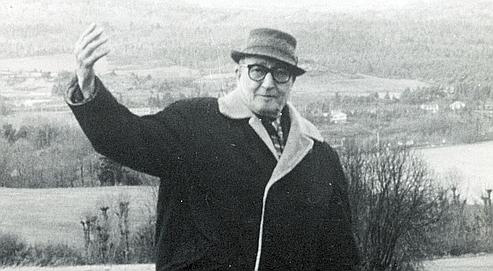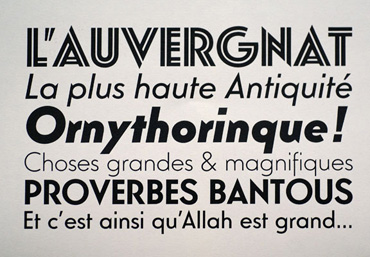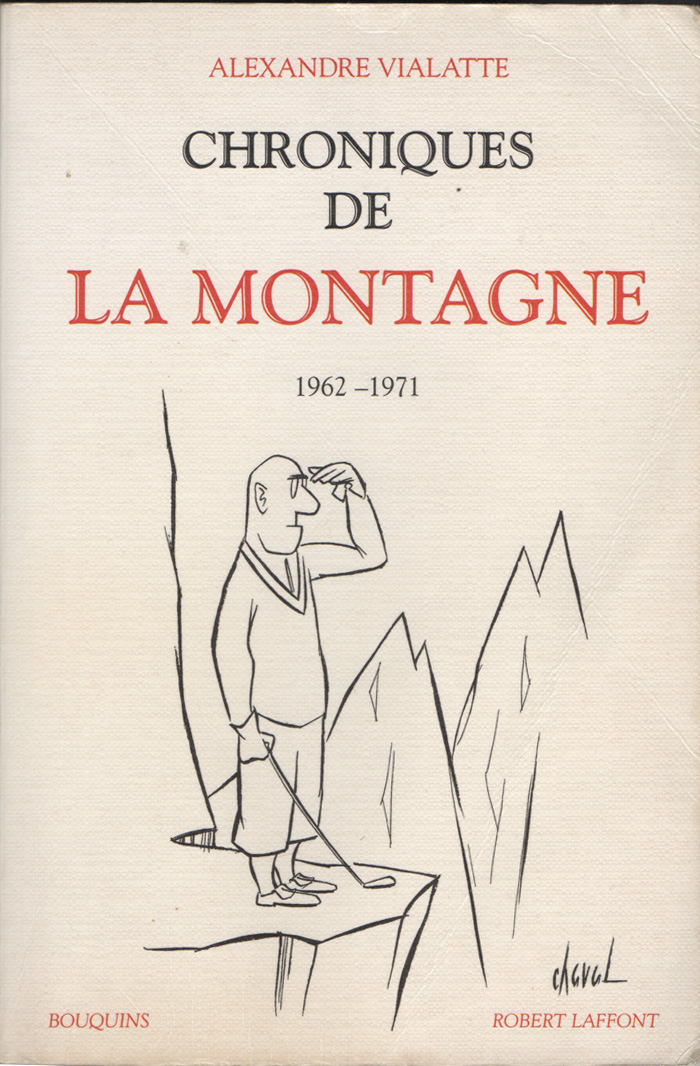 There isn’t a shadow of a doubt: we absolutely love rivers. Even when we are pressed, we resist making pipi in the water. And we drool with joy when, on rare occasions, writers or poets speak of rivers with intelligence. But hang on, not the poets with tears in their voice and the “Oh, Mother Nature” refrains, not that hopeless romanticism that we’ve heard a 1,000 times and which gives rise to nausea and an impulse to murder. I’d say: “Come over here dumb-ass poet”, then… wham, bam: 12 bullets to the head! We’re like that at le Mouching! Nasty and impatient… we want the new, pure, muscled, original, creative; we want phrases that will stun us, drop our jaws (even at the risk of contracting tuberculosis), that would make us run for a double scotch to be sure that it’s not a dream and that we have encountered a real writer, with real balls; not a hack of lovely phrases good to cream the pink panties of pimply adolescents at religious retreats.
There isn’t a shadow of a doubt: we absolutely love rivers. Even when we are pressed, we resist making pipi in the water. And we drool with joy when, on rare occasions, writers or poets speak of rivers with intelligence. But hang on, not the poets with tears in their voice and the “Oh, Mother Nature” refrains, not that hopeless romanticism that we’ve heard a 1,000 times and which gives rise to nausea and an impulse to murder. I’d say: “Come over here dumb-ass poet”, then… wham, bam: 12 bullets to the head! We’re like that at le Mouching! Nasty and impatient… we want the new, pure, muscled, original, creative; we want phrases that will stun us, drop our jaws (even at the risk of contracting tuberculosis), that would make us run for a double scotch to be sure that it’s not a dream and that we have encountered a real writer, with real balls; not a hack of lovely phrases good to cream the pink panties of pimply adolescents at religious retreats.
That’s why we are absolutely unconditional about Jim Harrison, Richard Brautigan and Alexandre Vialatte. Vialatte?? What, you don’t know this screwball, this monster, this giant, this Jivaro/Auvernat indian? Well, well… hang-on; only because we like you (in spite of everything) and not to keep you in suspense, this is what Vialatte wrote about rivers:
“What would the earth be without it’s rivers? Bridges, even the most beautiful, would lose three quarters of their charm; we wouldn’t know over what to build them. Louis XIV on passing over the Rhine, would find himself facing a wasteland. Where would we dump the sewers of Paris? Where would the unfaithful accountant commit suicide? The lack of fresh water would multiply the ravages of alcoholism. One could no longer hope to see, as in the good old days of 1910, the postman distribute the mail in Flatboats to the mailboxes in rue Jacob.
One can see by that, the importance of rivers. They all flow to the sea. That’s why they are born in the mountains; so they don’t have to go uphill. One finds, for example, in the Haute-Loire, a dozen of “the real source of the Loire”. A little girl was refused, in Puy, her certificate of accomplished studies because she said that the Loire was born “at her father’s house”. It was, what’s more, the truth. The Loire flows from a faucet in a barn. It is a great imprudence on the part of the government. It suffices that the property owner, let’s say to take revenge on a sailor from Orleans, simply turns off the faucet. Voila, the most important river of France, dried up. All the boats run aground in the sand; no more water in the kitchen sink. Women crying, men embittered. The government shouldn’t permit rivers to be born in private houses. A river must be born in public.
The Seine is an historic river. Providence wanted her to water our capital. So much so, that the most celebrated river of France passes through it’s most illustrious city (it’s what we call the French miracle). She flows between two ramparts of old stones, old books and young poplars, iridescent with oil slicks upon which floats a mandarine peel.
Under the bridges, the homeless, on their stomachs, crawl with outstretched arms toward the bottle of red. The water smells of suicided accountants.
The sun shines.
And that is why Allah is great.”
Voila, a short extract of one of the many “Chroniques de la Montagne” *(1962-1971) of the grand, the enormous, Alexandre Vialatte. And if you have already read anything as extraordinary and fascinating as this, come by the office, we’ll reimburse you. And if you don’t love our Alexandre the great, get to the other sidewalk, we shoot on sight.


 Français
Français
